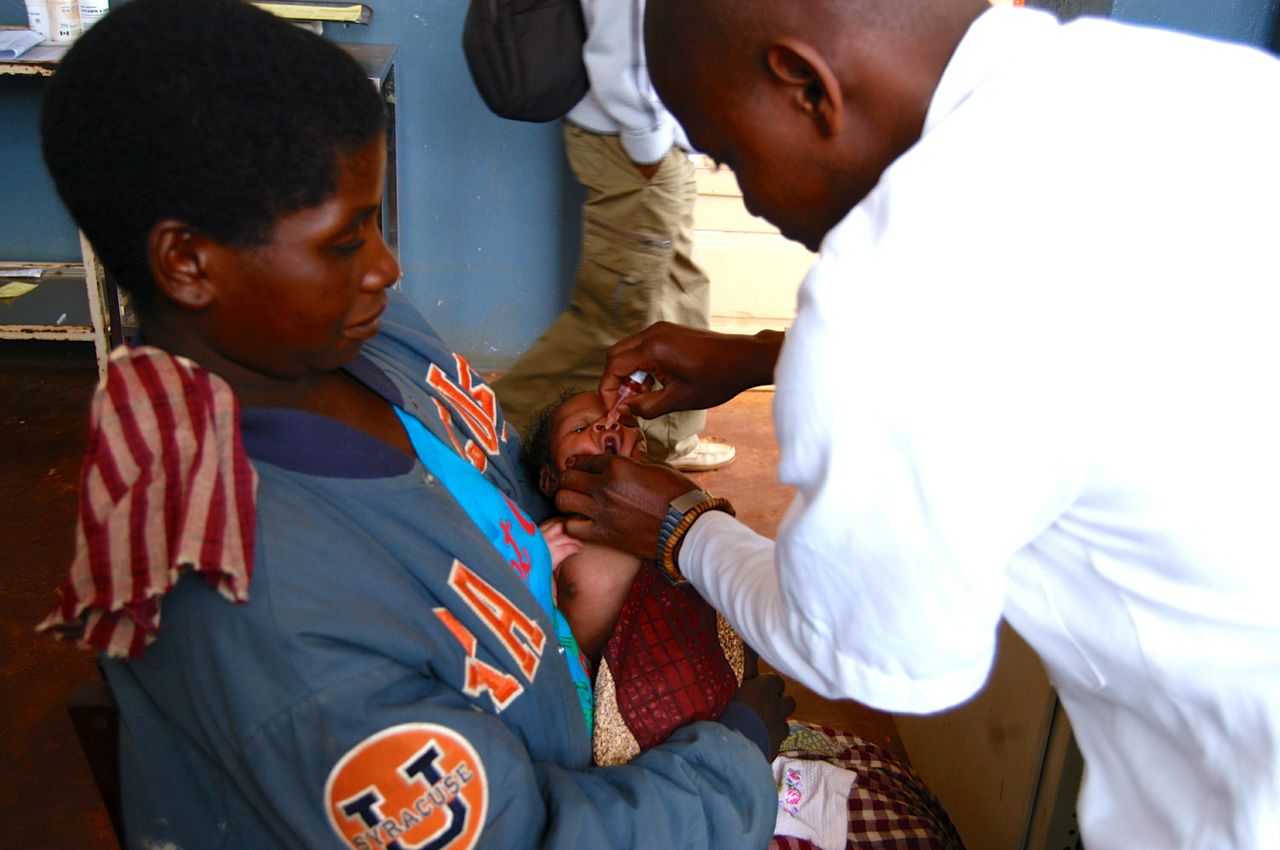Unclogging Bottlenecks At Tanzania Clinics
Friday, September 12, 2014
Brittany Johnson, a WDI research associate specializing in global health supply chains, is in Tanzania field-testing an assessment tool to pinpoint bottlenecks that hamper product flow at health facilities.

Johnson’s work is part of the World Bank’s Results Based Financing (RBF) program that is being piloted in 31 countries. Results-based financing for health refers to any program that transfers money or goods to patients when they take health-related actions – such as having their children immunized – or to healthcare providers, when they achieve performance targets – such as immunizing a certain percentage of children in a given area.
Data and evaluations show that RBF approaches are increasing coverage and quality of key maternal and child health services, and also making country health systems more efficient and accountable.
But there are concerns that system bottlenecks related to poor availability of drugs and medical commodities are constraining RBF programs. Designers of RBF programs have limited information about supply chain bottlenecks and options to improve the flow of commodities.
In response to this need, the World Bank asked WDI to develop a framework to assess supply chain performance and distribution bottlenecks specifically in RBF programs. While supply chain reform in many countries is a complex process with challenging political economy dynamics, this project focused on measures that can be taken to improve product availability in RBF programs in the short to medium terms while being cognizant of long term supply chain reforms.
To conduct this assessment, Johnson and Prashant Yadav, director of WDI’s Healthcare Research Initiative, created a two-part tool. The first part was a model to diagnose which part of the supply chain is creating the most significant bottleneck. The second part was a diagnostic to define the primary issues responsible for the bottleneck and make recommendations to address these. The recommendations included areas where incentives tied to performance indicators could lead to better performing supply chain systems.
Yadav presented the preliminary concept of the assessment tool at a RBF partners meeting in Argentina, and led a session to share global knowledge, best practices and potential opportunities of supply chain issues in health care.
In August, Johnson conducted the first field test of the tool in Haiti.
